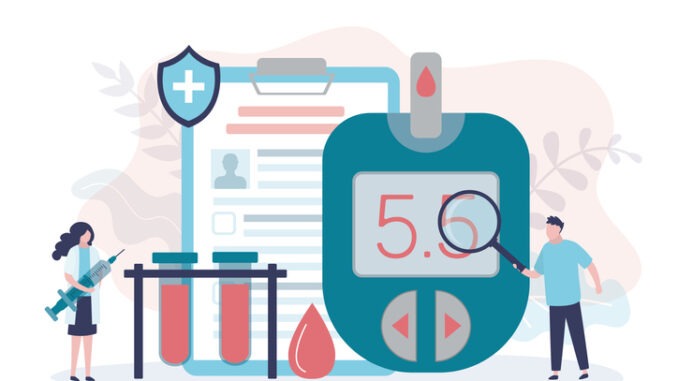
In order to support a student with diabetes on a school trip, staff must plan for all eventualities
According to section 100 of the Children and Families Act 2014, schools have a duty to arrange support for students at their school with medical conditions; if the needs of students with type one diabetes are not met, they are at risk of becoming unwell and may require medical assistance. Factors that can affect a student with type one diabetes include:
- activity;
- food;
- change in routine;
- stress;
- excitement.
One occasion where these factors are likely to arise is on a school trip – but if school staff are aware of the risks appropriate action can be taken to keep the student safe.
A meeting should be arranged with the student and their parents to clarify their medical needs; this meeting should take place about six weeks before the trip to make sure there is enough time to train any staff members on any areas that come up in the meeting.
The school should also carry out a risk assessment. This will identify any reasonable adjustments they might need to make so a child with diabetes can take part and have fun safely. At least two members of staff should be fully-trained to support a child with diabetes, but all members of staff going on the trip should be trained on what to do in the event of an emergency.
In the case of an overnight stay, a student with diabetes will need insulin injections and their blood sugar testing regularly; this could be needed during the day or night. If the student uses a pump, this may need to be changed depending on the duration of the trip. If the child cannot do this themselves, a member of staff will need to compete the task.
The member of staff responsible for this should be present at the pre-trip meeting to identify what help they will need to give and organise any extra training that may be needed.
For more information, go to diabetes.org.uk.


Be the first to comment